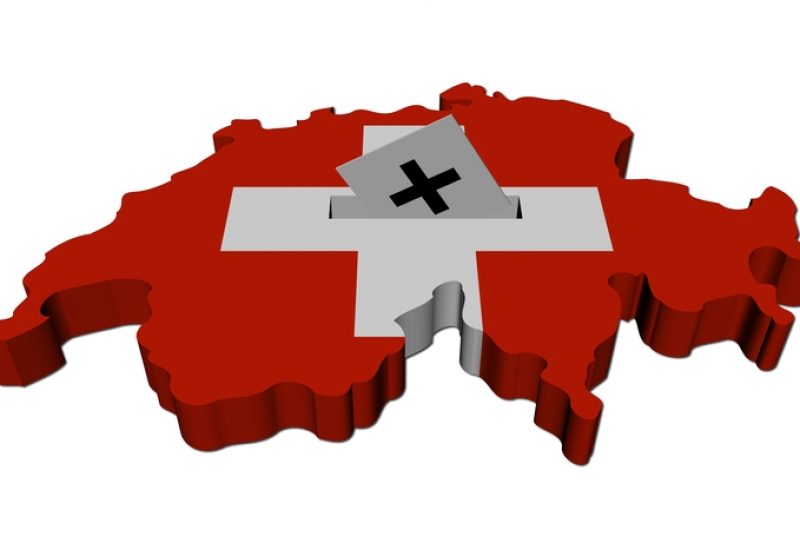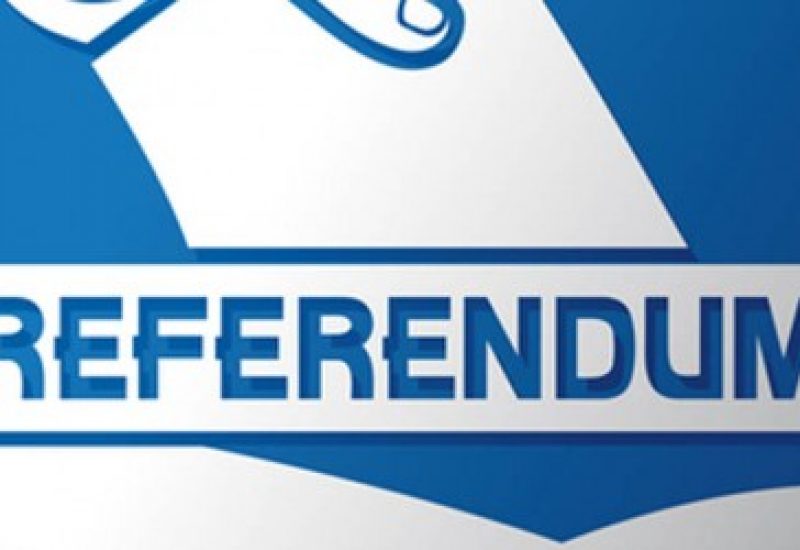- March 9, 2015
- 12:31 pm
- Constitutional Change
by Thomas Fleiner
On March 8, the Swiss voters and the cantons had to decide on two popular initiatives. They rejected both. The first constitutional peoples’ initiative was rejected by 75% of all voters and without any canton supporting the new constitutional article 116, which would have exempted family-allocations and educational allocations for children from taxes. The second vote concerned a popular initiative, which sought to establish a new federal competence authorising the federal legislature to establish new taxes for not renewable energies.

